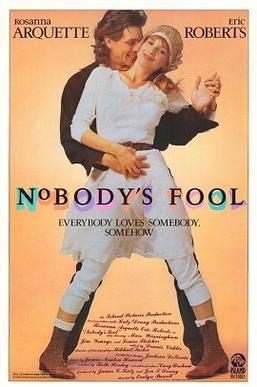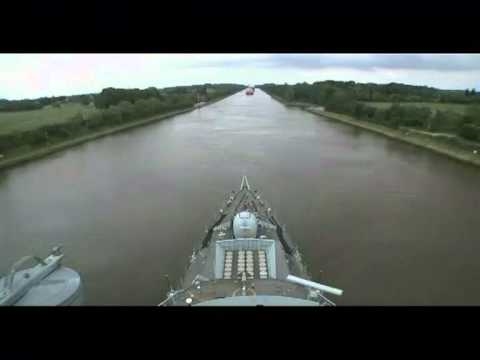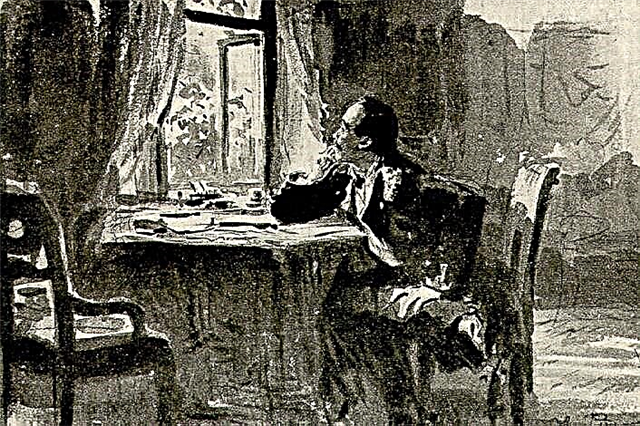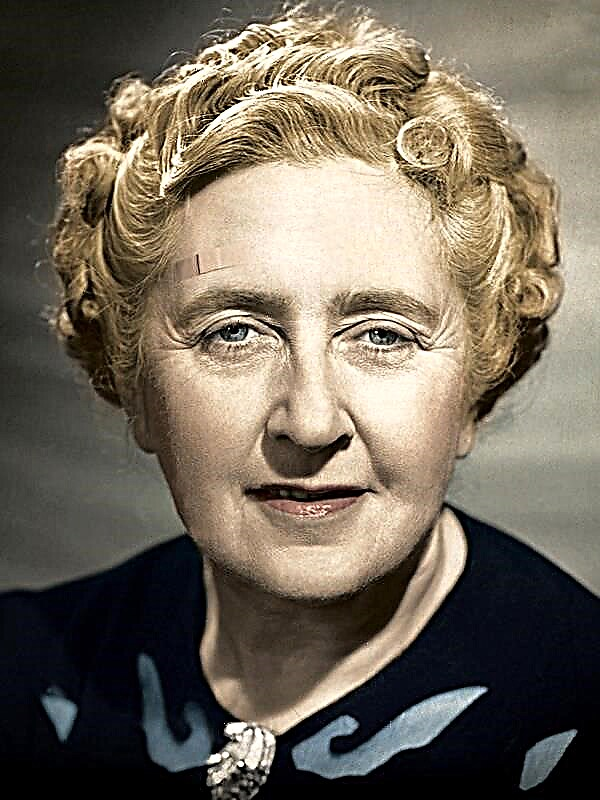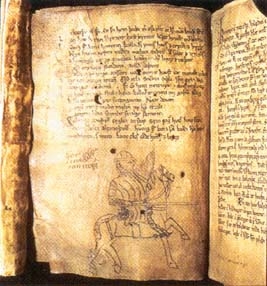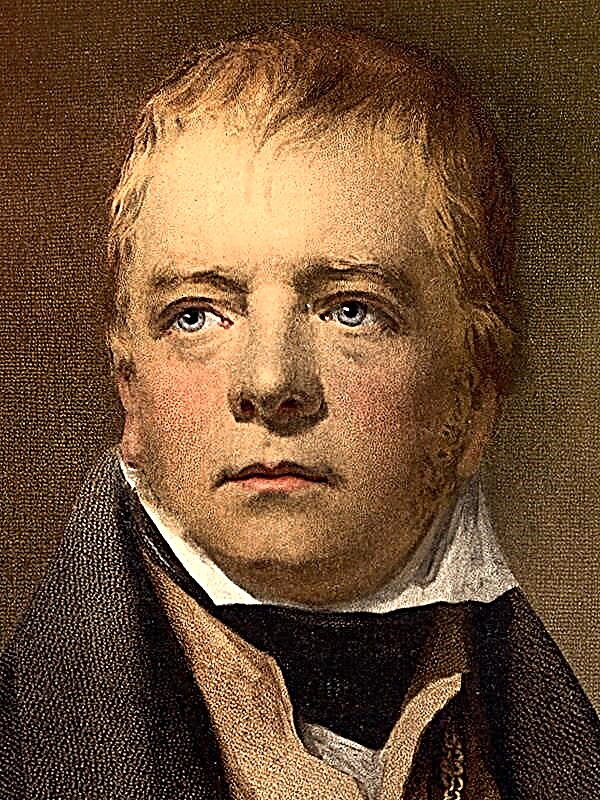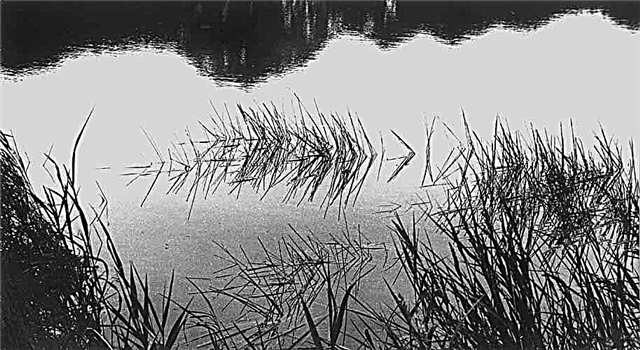In 1458, the merchant Afanasy Nikitin was supposedly sent from his native Tver to Shirvan land (in the territory of present-day Azerbaijan). He has traveling letters with him from the Grand Duke of Tver Mikhail Borisovich and from the Archbishop of Tver Gennady. Merchants are still with him - all in all, they go on two ships. They move along the Volga, past the Klyazminsky monastery, pass Uglich and get to Kostroma, which was in the possession of Ivan III. His viceroy passes Athanasius further.
Vasily Panin, the ambassador of the Grand Duke in Shirvan, to whom Athanasius wanted to join, had already passed down the Volga. Nikitin waits two weeks for Khasan-bey - the Tatar ambassador Shirvanshah. He goes with gyrfalcons "from the Grand Duke Ivan, and he had ninety gyrfalcons." Together with the ambassador they move on.
On the way, Athanasius makes notes about his voyage over three seas: “the first sea of Derbent (Caspian), Daria Khvalisskaya; the second sea is the Indian, Daria of the Gundustan; third Black Sea, Daria of Istanbul ”(Daria in Persian - sea).
Kazan passed without obstacles. The Horde, Uslan, Sarai and Berenzan passed safely. Merchants are warned that the Tatars lurk the caravan. Hassan Bek gives gifts to informants to conduct them in a safe way. Wrong gifts were taken, however, news of their approach was filed. Tatars overtook them in Bogun (on the shallows at the mouth of the Volga). In a shootout there were those killed on both sides. The smaller ship, on which was Athanasius's luggage, was looted. A large ship reached the sea and ran aground. And he, too, was plundered and four Russians were taken prisoner. The rest were released "bare heads into the sea." And they went crying ... When the travelers went ashore, and then they were captured.
In Derbent, Athanasius asks for help from Vasily Panin, who safely reached the Caspian Sea, and Khasan-bey to intercede for the people captured and return the goods. After much trouble, people are released, and nothing is returned. It was believed that what came from the sea is the property of the owner of the coast. And they parted where.
Some remained in Shamakhi, others went to work in Baku. Athanasius himself goes to Derbent, then to Baku, "where the fire burns unquenchable," from Baku overseas to Chapakur. Here he lives for six months, a month in Sari, a month in Amal, about Ray he says that the descendants of Muhammad were killed here, from the curse of which seventy cities were destroyed. In Kashan, he lives a month, a month in Riding, where "livestock is fed with dates." He does not name many cities, because "there are many more large cities." By sea, she reaches Hormuz on an island where “the sea advances on it twice every day” (for the first time he sees the ebbs and flows), and the sun's heat can burn a person. A month later, he, "after Easter on the day of Radunitsa", goes to Tava (an Indian ship without an upper deck) "with horses across the Indian Sea." They reach Combei, "where paint and varnish will be born" (the main export products, except spices and fabrics), and then go to Chaul.
Athanasius has a keen interest in everything related to trade. He studies the state of the market and is annoyed that he lied to him: "they said that there was a lot of our goods, but there was nothing for our land: all the goods were white for Beserman land, pepper, and paint." Athanasius brought the stallion "to Indian land", for which he paid a hundred rubles. In Dzhunnar, the khan takes away a stallion from Athanasius, having learned that the merchant is not a Muslim, but a Ruthenian. Khan promises to return the stallion and still give a thousand gold in addition, if Athanasius goes over to the Muslim faith. And he set a deadline: four days for the Savior Day, for the Assumption Post. But on the eve of Spasov’s day, treasurer Mohamed, a Khorasan, arrived (his identity has not yet been established). He stood up for the Russian merchant. Nikitin returned the stallion. Nikitin believes that "the Lord’s miracle happened on the Savior Day", "The Lord God took pity ... did not leave me, a sinner, with his mercy."
In Bidar he is again interested in goods - “horses, kamka (cloth), silk and any other goods and black slaves are sold at auction, but there is no other goods. The goods are all Hundustanian, but there are only edible vegetables, but for the Russian land there is no goods here ”...
Vividly describes Nikitin mores, customs of peoples living in India.
“And here the Indian country, and ordinary people walk naked, and their heads are not covered, and their breasts are bare, and their hair is braided in one braid, and all go belly, and children will be born every year, and they have many children. Of the common people, men and women are all naked and all black. Wherever I go, there are many people who follow me — they marvel at the white man. ”
Everything is accessible to the curiosity of the Russian traveler: agriculture, the state of the army, and the method of warfare: “The battle is fought more and more on elephants, themselves in armor and horses. Big forged swords are tied to elephants and tusks ... let the elephants dress in damask armor, and turrets are made on the elephants, and in those turrets there are twelve people in armor, all with guns and arrows. ”
Particularly interested in Athanasius are questions of faith. He conspires with the Hindus to go to Par-wat - "then it is their Jerusalem, the same as for the besermen Mecca." He is amazed that there are seventy-four faiths in India, "but people do not drink different faiths, do not eat, do not get married ...".
Athanasius is grieving that he has lost the Russian church calendar, the sacred books disappeared when the ship was plundered. “I do not observe the Christian holidays — neither Easter, nor the Nativity of Christ; on Wednesdays and Fridays I will not worship. And living among the unbelievers, I pray to God, may he save me ... "
He reads the starry sky to determine Easter Day. On the "fifth Easter" Athanasius decides to return to Russia.
And again he writes down what he saw with his own eyes, as well as information about various ports and trades from Egypt to the Far East, received from knowledgeable people. He notes where “silk is born”, where “diamonds are born”, warns future travelers, where and what difficulties await them, describes wars between neighboring nations ...
Wandering around the cities for another six months, Athanasius gets to the port - the city of Dubhol. For two gold, he goes to Hormuz on a ship through Ethiopia. They managed to get along with the Ethiopians, and the ship was not robbed.
From Hormuz Athanasius goes to the Black Sea by land and gets to Trabzon. On the ship, he agrees for a golden walk to Kafa (Crimea). Taken as a spy, he is robbed by the head of the city security. Autumn, bad weather and winds make it difficult to cross the sea. “The sea crossed, but the wind brought us to the very Balaclava. And from there we went to Gurzuf, and we stood there for five days. By the grace of God, I came to Kafa nine days before the Lent. God is the creator! By the grace of God I passed the three seas. God knows the rest, God is the patron of God. Amen!"

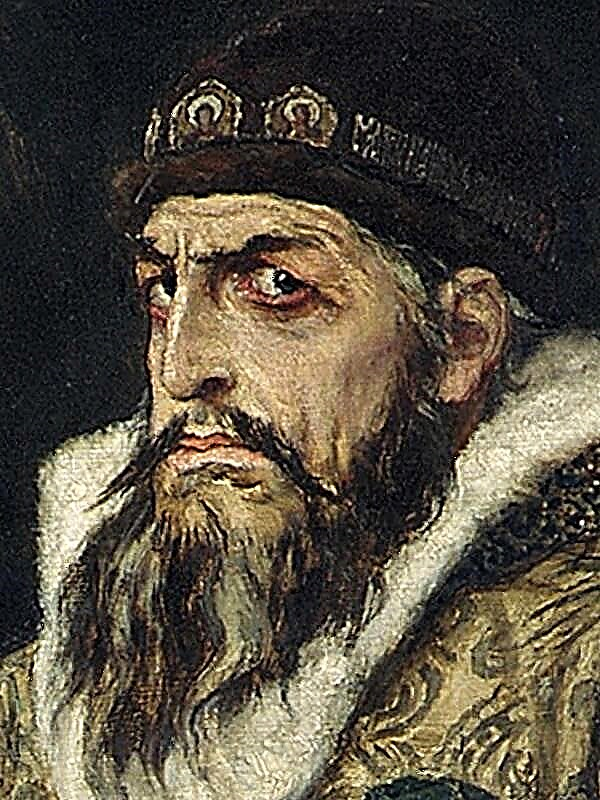
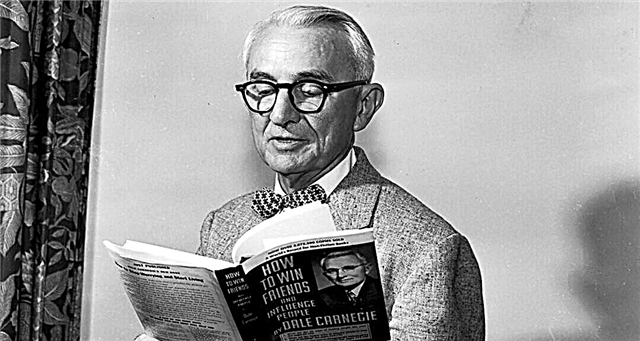 How to make friends
How to make friends